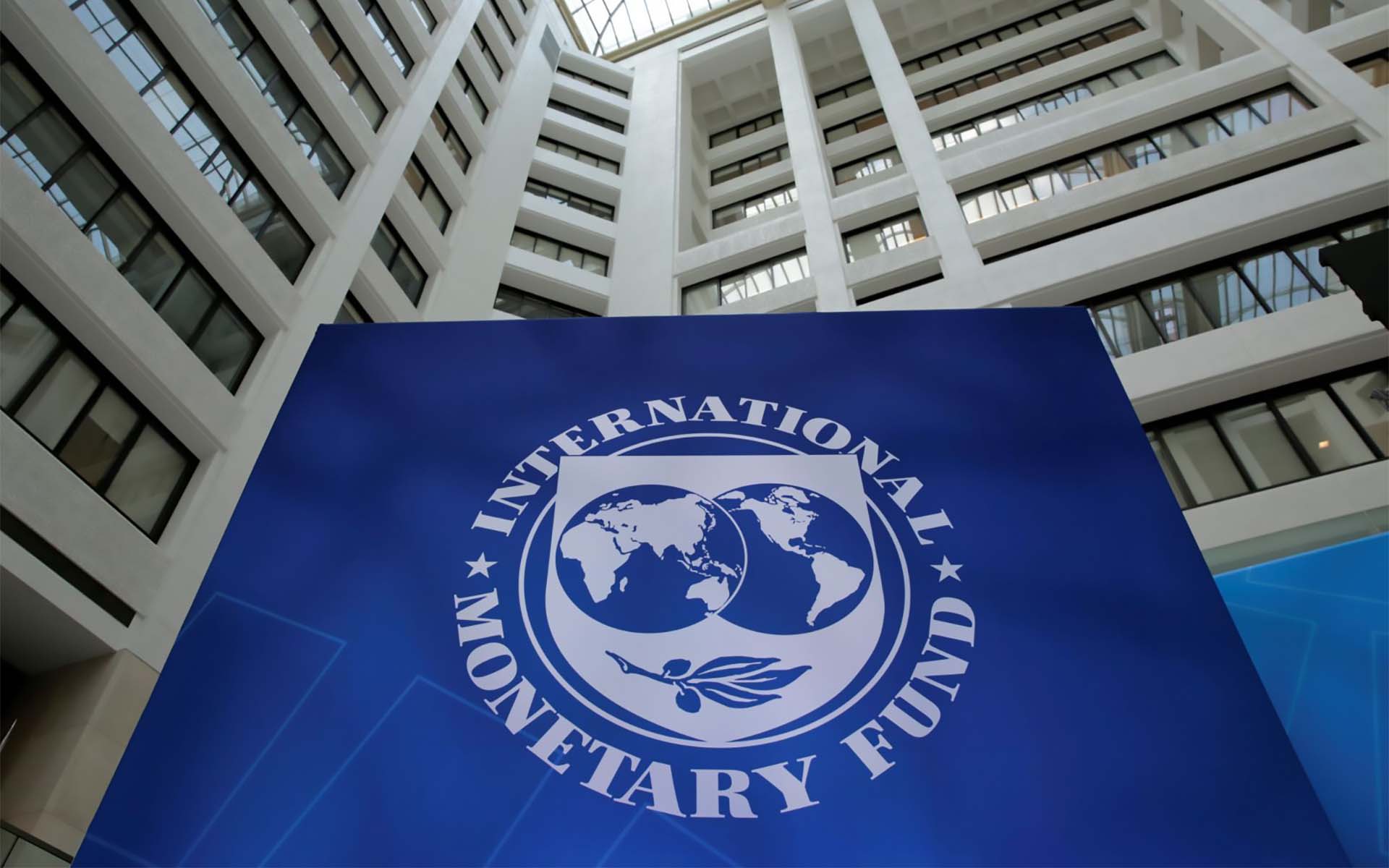
Kristalina Georgieva highlights private sector resilience, AI potential, and the need for structural reforms
Managing Director of the International Monetary Fund (IMF), Kristalina Georgieva, has highlighted the resilience of the global economy while warning that growth remains sluggish and debt levels are exceptionally high. She made the remarks during the G20 leaders’ summit in Johannesburg, South Africa, the first time the forum is hosted in Africa.
Georgieva acknowledged that the global economy is “doing better than we feared, but worse than we need,” attributing resilience to a vibrant private sector and robust policies and institutions built over the years.
“The economy has proven resilient to multiple shocks, trade tensions, and elevated uncertainty. But growth is stubbornly low below pre-COVID levels and debt is exceptionally high, constraining many countries, especially poorer ones,” she said.
The IMF boss highlighted the compounded pressures of geopolitical tensions, technological and demographic shifts, and frequent climate events, which have heightened uncertainty and risks. She called on governments to restore confidence through credible fiscal policies, structural reforms, and efforts to unlock private-sector potential.
Call for Stronger Global Cooperation
Georgieva urged world leaders to strengthen international collaboration on trade, financing, and debt restructuring. She emphasized that trade should remain a “powerful engine of growth” with rules updated for the digital economy.
She also noted the need to mobilize public and private financing for vulnerable countries, highlighting the IMF’s expansion of its permanent quota resources by 50 percent. On debt, she acknowledged progress under the G20 Common Framework but stressed that restructurings must become faster and more predictable.
AI as a Global Productivity Booster
The IMF chief highlighted artificial intelligence (AI) as a potential game-changer, capable of boosting global growth by nearly 1 percent.
“AI is penetrating our societies extremely rapidly. In advanced economies, potentially 60 percent of jobs could be affected; in emerging markets, 40 percent; and in low-income countries, 26 percent. AI is like a tsunami hitting the labor market,” Georgieva said.
She proposed a four-pillar AI readiness framework, digital infrastructure, skills and labor-market flexibility, technology diffusion, and ethics and regulation, noting that many developing countries risk falling behind without urgent action.
The IMF boss emphasized that governments must scale up skills development, strengthen infrastructure, and adopt innovation-friendly tax policies to ensure AI benefits people rather than replacing them. She also called for global alignment on AI ethics and regulations, coordinated by the United Nations.
“It is crucial to ensure that AI becomes a force of prosperity for all, leaving no country behind,” Georgieva said.



